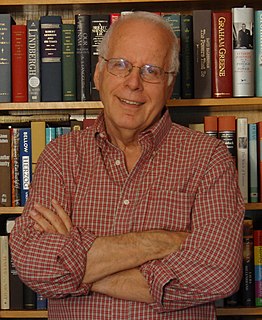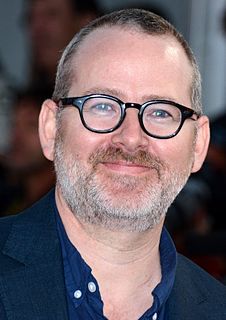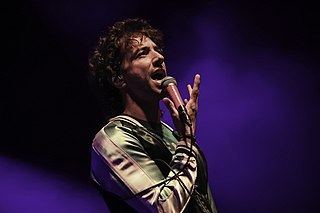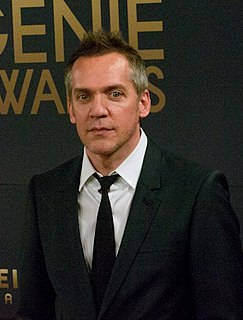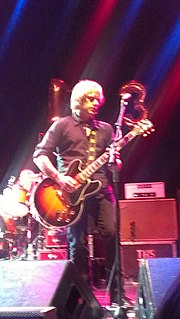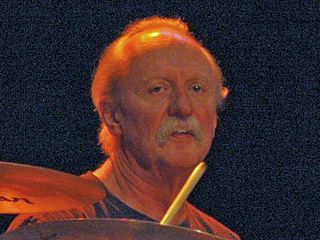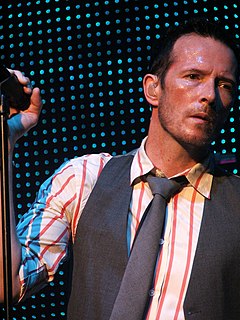A Quote by Rob Sheffield
Just as Bowie, Zeppelin, etc., became rock stars by remaking themselves in the image of the California girls, the Go-Gos became rock stars by pretending to be the Buzzcocks and the Sex Pistols. Jane Wiedlin always said her biggest influence was growing up in L.A. as a Bowie girl.
Related Quotes
I have absolutely no interest in rock and roll. I'm just being David Bowie. Mick Jagger is rock and roll. I mean, I go out and my music is roughly the format of rock and roll, I use the chord changes of rock and roll, but I don't feel I'm a rock and roll artist. I'd be a terrible rock artist, absolutely ghastly.
I don't think we ever sat down in the early days and said "hey lets be a band that wears make up". I think it was just natural for us. We grew up loving stuff like Alice Cooper, Kiss, The Misfits, and the more theatrical stuff. I always loved rock stars. I loved David Bowie and Freddie Mercury, and these people that were larger than life and iconic. I think that is what we always wanted to do.
That was exactly why people didn't want to give us any kind of life, because we were threatening their status quo, and they just didn't want to have room for girls playing rock 'n' roll. It bothered them. First, people just tried to get around it by saying, "Oh, wow, isn't that cute? Girls playing rock 'n' roll!," and when we said, "Yeah, right, this isn't a phase; it's what we want to do with our lives," it became, "Oh! You must be a bunch of sluts. You dykes, you whores." That's what it became. Then it became a name-calling contest.
Rick Nielsen, Angus Young. Huge Eddie Van Halen fan when I was younger. Jimmy Page is an enormous one who impacts me. When you grow up with classic rock like that and then you get into punk rock, you defy your roots and where you came from. I never really went through that. Even when I started listening to the Clash or the Sex Pistols, I still always listened to Led Zeppelin or Kiss.
It's fun to look at people that are so good at acting that aren't actors, like David Bowie creating a mystique about rock n' roll. I've listened to 'Ziggy Stardust' as much as any rock n' roll fan - I don't really know what it's about, but it sure is fun to think about David Bowie as this mad creation.


